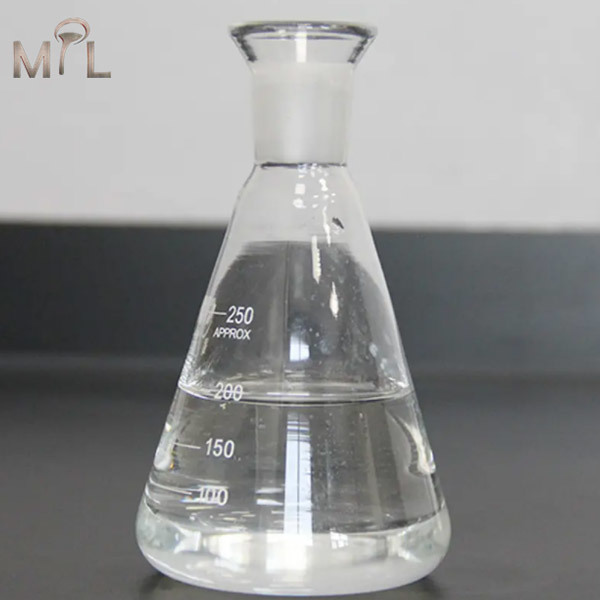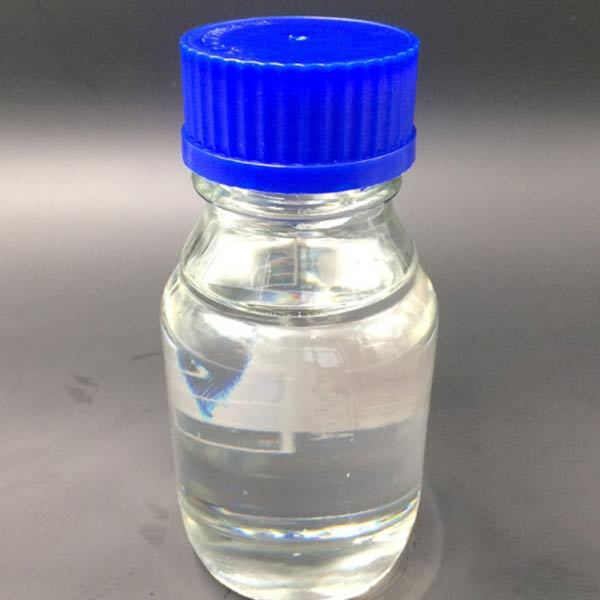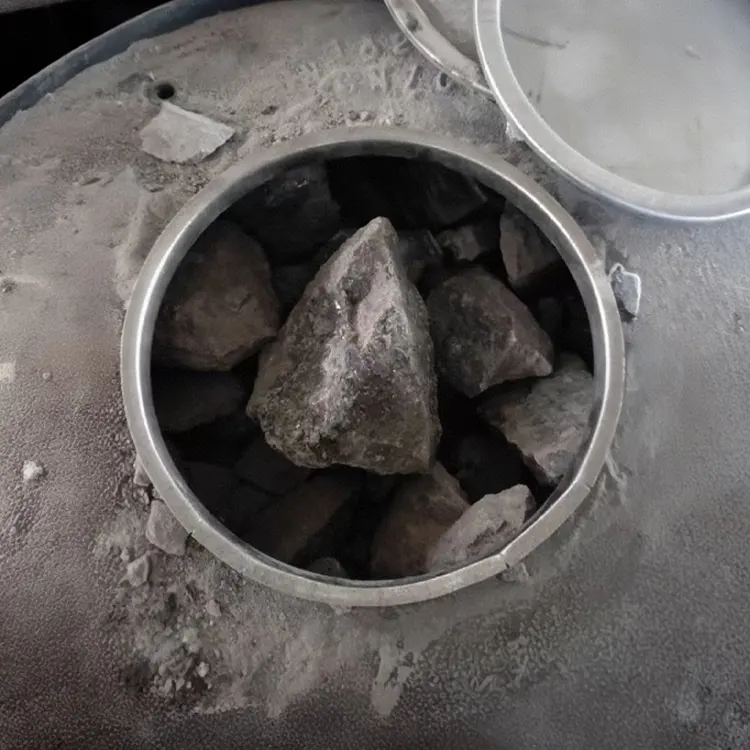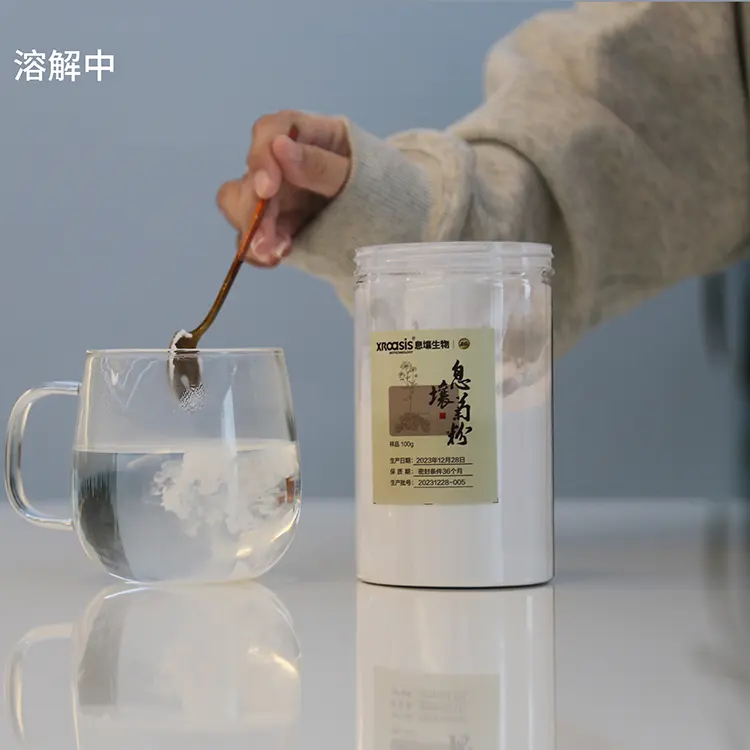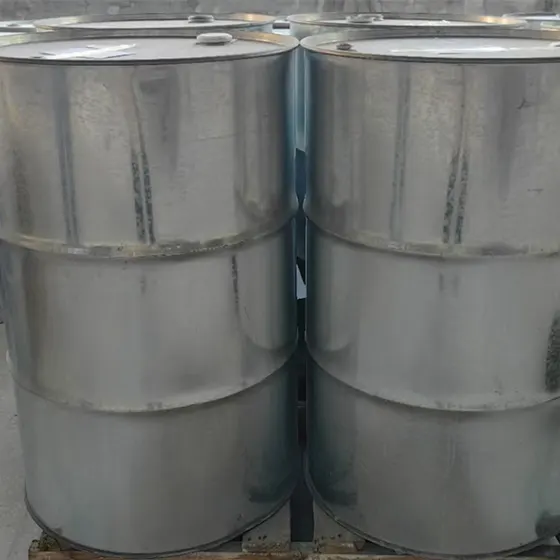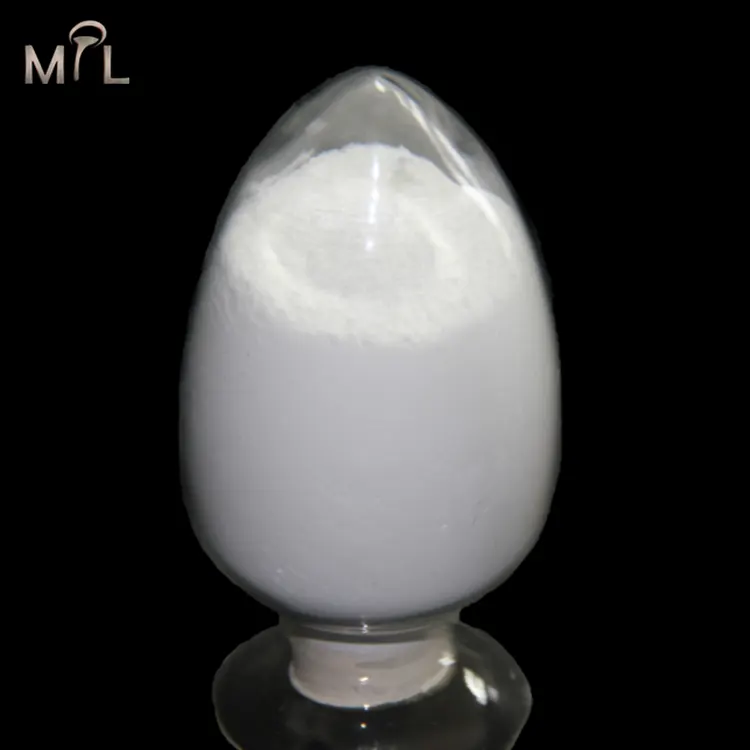
P-Phthalic acid, also known as 1,4-benzenedicarboxylic acid, is a white crystalline solid that is widely used in the production of various chemicals and materials.
Release time:
2024-07-22 15:34
P-Phthalic acid, also known as 1,4-benzenedicarboxylic acid, is a white crystalline solid that is widely used in the production of various chemicals and materials. It is an important compound in the chemical industry, with numerous applications in different fields.
Chemically, p-phthalic acid is classified as a dicarboxylic acid, with two carboxylic acid groups attached to a benzene ring. It is an isomer of o-phthalic acid and m-phthalic acid, which have the carboxylic acid groups located at different positions on the benzene ring.
One of the main uses of p-phthalic acid is in the production of phthalate esters, which are widely used as plasticizers in the manufacturing of plastics, such as polyvinyl chloride (PVC). These esters help to increase the flexibility and durability of plastics, making them suitable for a wide range of applications, including in construction, automotive, and packaging industries.
p-Phthalic acid is also used in the production of polyester resins, which are widely used in the production of fibers, films, and coatings. These resins are valued for their strength, durability, and resistance to chemicals and heat, making them suitable for a variety of applications in textiles, packaging, and automotive industries.
In addition to its use in plastics and resins, p-phthalic acid is also used in the production of dyes, pigments, and pharmaceuticals. It is a key intermediate in the synthesis of various organic compounds, serving as a building block for the creation of complex molecules with specific properties and functions.
The production of p-phthalic acid involves several chemical processes, including the oxidation of xylene or naphthalene with potassium permanganate or chromic acid, followed by the hydrolysis of the resulting phthalic anhydride to yield p-phthalic acid. The purity of the final product is crucial for its use in various industrial applications, and rigorous quality control measures are in place to ensure the desired specifications are met.
Overall, p-phthalic acid plays a critical role in the chemical industry, serving as a versatile building block for the production of a wide variety of products. Its importance lies in its ability to impart specific properties and functionalities to materials, making it an essential component in the manufacturing of plastics, resins, dyes, and pharmaceuticals. As technology and demand for these products continue to evolve, the significance of p-phthalic acid is expected to remain high, driving further research and development in its production and applications.
Latest developments

